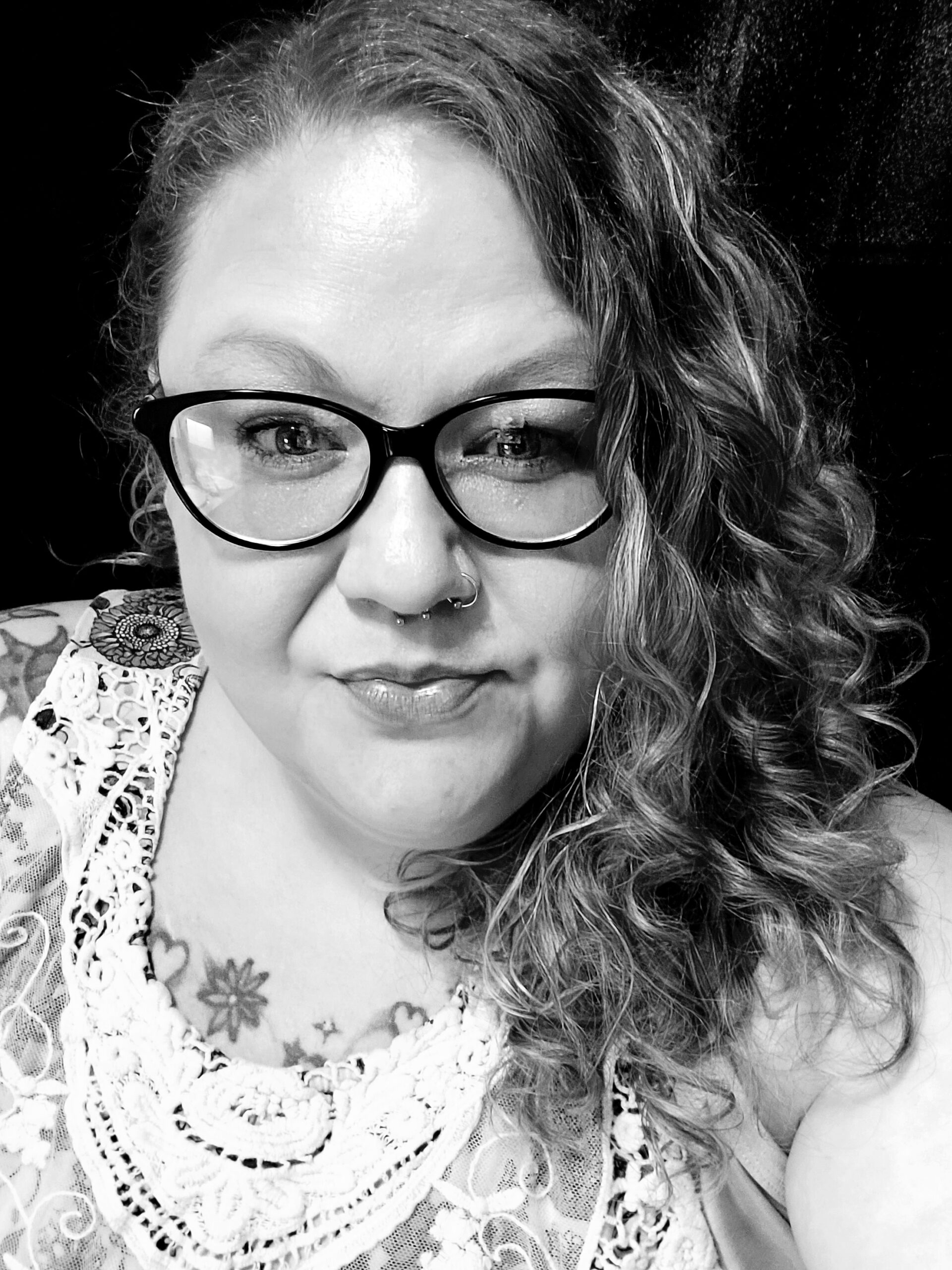Room Paradise Ballroom A
Speaker(s)
Panelists
Rosie Anderson-Harper, MA,
David Stoecker, LCSW, CPS, HRS,
Melanie Cobb, CPS and CPS Supervisor,
Michelle Charbonnier, CRADC, CGDC, CPS &
Marsha Hourd
Description
Recovery Community Centers (RCCs), or places where people in substance use treatment and recovery can gather to find a supportive community and access resources, have increasingly played a part in many people’s recovery journey. RCCs provide essential services to people across Missouri, providing services that range from harm reduction materials to assisting with job placement.
Missouri has recently expanded access to RCCs. The state has funded four RCCs since 2018, with four additional RCCs receiving state funding starting in 2022. Each RCC offers services individualized to its community, and while each serves people in recovery, the support received at each can look very different.
This session will begin with a 20-minute presentation about RCCs in Missouri, including an overview of what RCCs are, the types of services available at each, and a summary of RCC usage data. After the presentation, we will moderate a focus group discussion with five individuals who are involved with RCCs at different levels.
Objectives
1. Define Recovery Community Centers (RCCs) and the role they play in recovery from substance use.
2. Describe what the RCC landscape looks like in MO from the perspectives of both RCC staff and participants
3. Discuss the future for RCCs in MO

